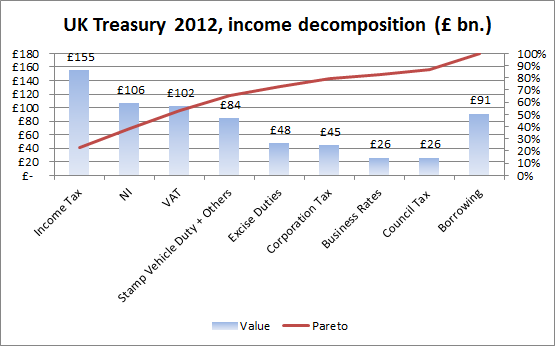I went to one of the local labour political education workshops at which James Meadway was speaking. Odd, since I had been reading of his views, in particular with respect to his contention with MMT; I wrote them up on this blog. but it was good to hear him in person.
I have written about MMT and its contention with the Labour front bench a couple of times and summarised my understanding of the MMT position on International Trade. A couple of years ago I wrote on their views on Monetary vs. Fiscal policy, this latter article also summarises and links to articles critical of MMT.
Meadway emphasised two things, “Not all Currencies are equal”, the dollar is still the international trade denominator. The second point is that making debt default the policy tool to deal with private sector foreign exchange debt is not wise as the biggest FX debt holders are probably HSBC and Barclays. While the UK public sector FX debt is tiny, this private sector debt is not and it’s questionable if we could bail the banks out a second time which since the ring fencing of retail and investment banks is mired in the swamp would jeopardise the people’s savings.
He also emphasised the importance of ownership, investment and universal services as socialist agenda items and thus the creation of an irreversible shift in power; not so sure my memories of Thatcher selling off the Mutuals is evidence that this will work but it will be a powerful manifesto. …


